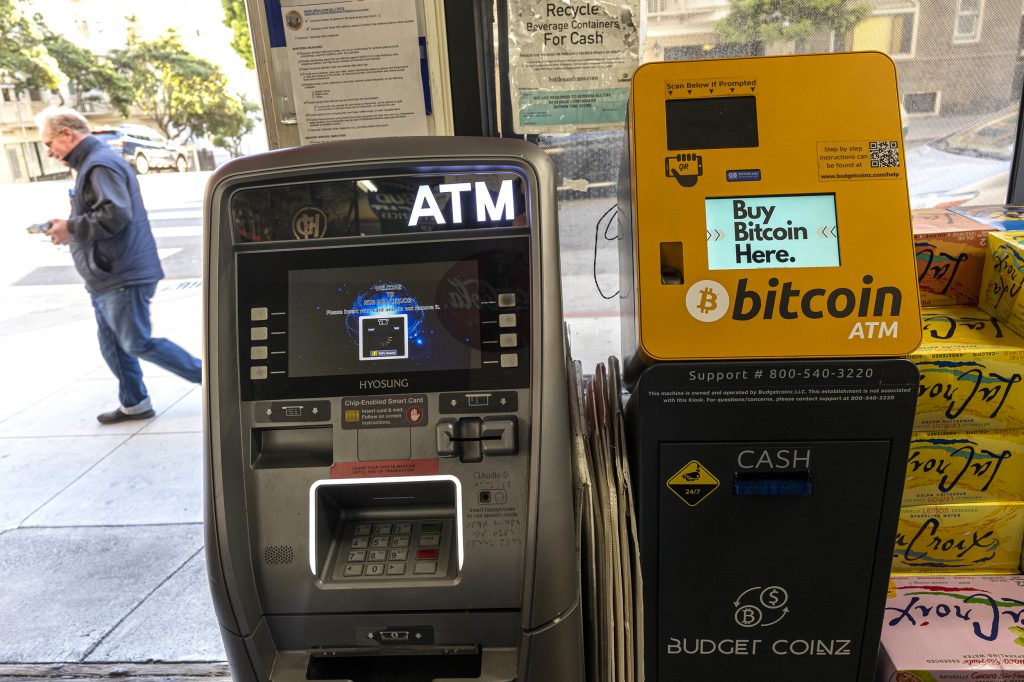Crypto ATMs, also known as Bitcoin ATMs, are automated teller machines that allow customers to buy and sell cryptocurrencies using fiat currency.
These ATMs are becoming increasingly popular as the use of cryptocurrencies becomes more widespread, and they offer a convenient way for people to access the world of digital currencies.
How Crypto ATMs Work: Crypto ATMs operate in a similar manner to traditional ATMs, but instead of dispensing cash, they dispense cryptocurrencies. To use a crypto ATM, customers first need to have a wallet that is compatible with the cryptocurrency they wish to purchase. They then insert cash into the ATM, which then transfers the equivalent amount of cryptocurrency to their wallet. In some cases, customers can also sell their cryptocurrencies for cash through the ATM.
Types of Crypto ATMs: There are two main types of crypto ATMs: one-way and two-way ATMs. One-way ATMs only allow customers to buy cryptocurrencies, while two-way ATMs allow both the purchase and sale of cryptocurrencies.
KYC and AML Requirements: In order to comply with anti-money laundering (AML) and know-your-customer (KYC) regulations, many crypto ATMs require customers to provide identification before they can use the machine. This typically involves scanning a government-issued ID, such as a passport or driver’s license, and taking a photo of the customer.
Fees: Crypto ATMs typically charge fees for their services, which can vary depending on the operator and the type of transaction. The fees can be as high as 10% or more of the transaction value, so it is important to check the fees before using the machine.
Security: Security is a major concern for crypto ATMs, as they handle large amounts of cash and valuable cryptocurrencies. To prevent theft and fraud, crypto ATMs typically have advanced security measures in place, such as cameras, alarms, and biometric authentication.
Network Connections: Crypto ATMs need to be connected to the internet in order to communicate with the blockchain network and complete transactions. This means that they are vulnerable to network downtime, which can result in transactions being delayed or cancelled.
Limitations: Despite the convenience of crypto ATMs, they do have some limitations. For example, they may not support all cryptocurrencies, and they may only allow the purchase of small amounts of cryptocurrency. Additionally, crypto ATMs are still relatively new and not yet widely available, so they may not be accessible in all areas.
In conclusion, crypto ATMs offer a convenient way for people to access the world of digital currencies. However, they also have limitations, such as high fees, security concerns, and network downtime. Before using a crypto ATM, it is important to understand the fees, security measures, and limitations of the machine, as well as the regulations and laws that apply to crypto ATMs in your area.






